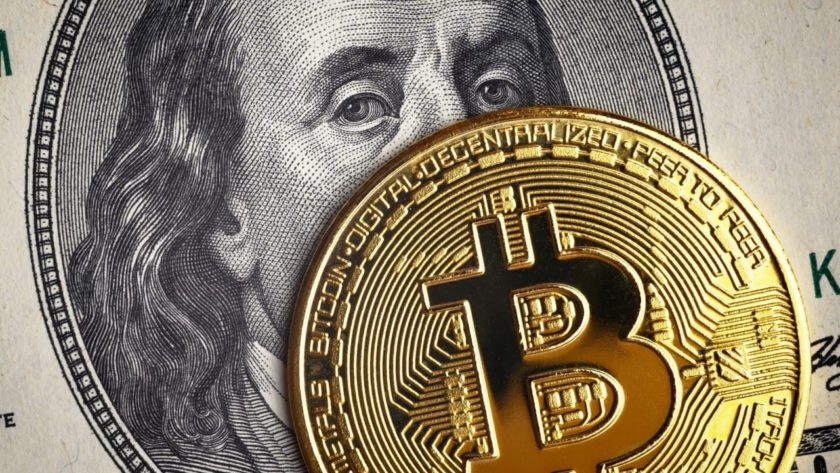The founder of cryptocurrency exchange OKEx was detained for questioning on September 10, 2018, by Shanghai police to investigate a case of suspected digital currency fraud related to WFee coin. As of 9:30 pm local time, on September 11, he was released.
Star Xu, who was a shareholder in WFee coin, was surrounded by seven or eight people at the hotel he was staying at in Shanghai and taken to a local police station for questioning, according to Sina news. In a follow up, Sina reported the suspected fraud took place in Beijing; therefore, documents related to the investigation will be handed to the Beijing police.
According to reports, the Shanghai police were responding to several complaints they received about WFee — likely from investors who had lost money in the scheme.
According to data on coinlibo.io, the coin began trading in March 2018, mainly on OKEx. In the last few days, the value of the coin, which had trading pairs with bitcoin (BTC) and ether (ETH), took a 90 percent dive in price, going from $.00033 per coin to $0.00012475. According to the WFee’s website, the company also had its own trading platform WFEEx, where investors could purchase the coin.
“WFEEx is an innovative digital asset trading platform based on blockchain technology, and WFee is the only platform currency on the WFEEx exchange,” the company says on its website. “Holders of WFee coins can participate in trading mining, voting on the currency, exchanges and other airdrops, and can also apply to become a WFee professional investor.”
Xu founded OKEx in 2014. The Hong Kong-based exchange went on to become the second largest cryptocurrency exchange by 24-hour trading volume. However, earlier this year, some critics argued the exchange is a “ghost town” and up to 93 percent of its trading volume was nonexistent.
On April 11, 2018, OKEx announced its plans to expand to Malta, a nation island in the Mediterranean that is attempting to build a regulatory framework for blockchain technology and, by extension, cryptocurrency.
The news of Xu’s detainment comes at a time when China has escalated its crackdown on crypto exchanges and initial coin offerings (ICOs). Last month, South China Morning Post reported that the Chinese government will block access to 124 websites operated by offshore crypto exchanges, shut down websites related to ICOs and ban payment services from accepting cryptocurrencies.




